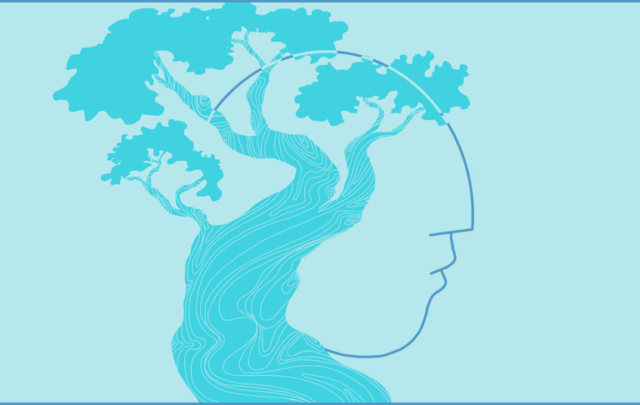Tips for Communicating Sustainability to the Sceptical
Here’s a taster from the Activities Section of the ‘Sustainability through Experience Handbook’ currently in preparation…The book is a multi-authored theory and practice handbook on outreaching sustainability through experiential learning.
October 17, 2012
Sustainability through experience
You are deep in the woods at nightfall and it has started to rain.
You wouldn’t be here if you hadn’t been ‘volunteered’ for some sustainable-team-building-thingummy-whatsit that you only agreed to because you’ve just applied for a promotion. And now you are bracing yourself for a long uncomfortable night in a make-shift shelter a bit too up close and personal with your three unlikely companions…
July 8, 2011
Natural Connections…
We have arrived at a point in our infinitesimally short life on our 4.5 billion-year-old planet at which no part of the natural world remains untouched by human hand. So it might seem perverse that, at this time of peak human interference with natural biological systems, we are now discovering the benefits of getting closer to nature.
June 20, 2011
Envisioning Sustainability…
The first part of this article, Imagining Sustainability, discussed some of the institutional, social, and psychological barriers in Western societies that “continue to thwart meaningful measurable change”. It also highlighted failings of population-scale information campaigns intended to motivate such change and indicated the better potential for small group and inter-personal approaches that engage deeper values-based motivation in overcoming unsustainability. This second part considers in more detail some small group non-formal education approaches that show potential to achieve and maintain community-level shifts to sustainability.
June 8, 2011
Imagining Sustainability
So, if apocalyptic messages seems premature to us and we are unable readily to empathise with people we don’t know in far distant lands, what, short of enforced regulation or first-hand experience of impacts, could possibly mobilise us en masse to become sustainable?
May 25, 2011
Resistance is fertile
Even worse for our hopes for mass mobilisation, our current response suggests that, even were we all agreed that our crisis is real and urgent, we in our affluent democracies are not, as we like to imagine, free citizens who will easily resolve to combat an external enemy together. We are much more like nations already under occupation – by an enemy we prefer not to acknowledge but clearly evident all around us. Because the enemy is in our own desire to maintain as long as possible the status quo that is our lives today.
April 8, 2011



